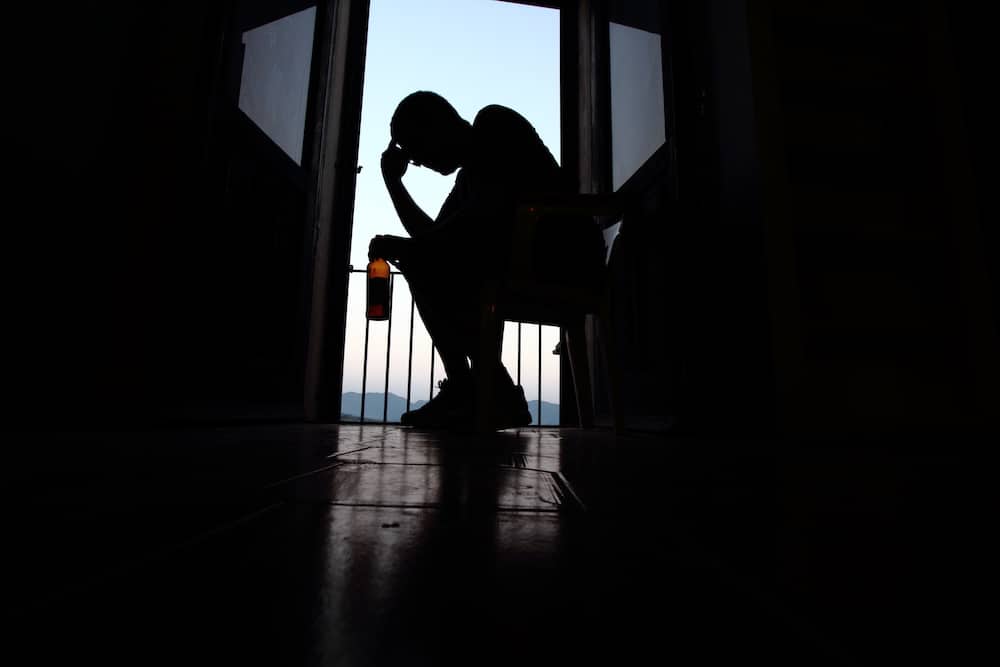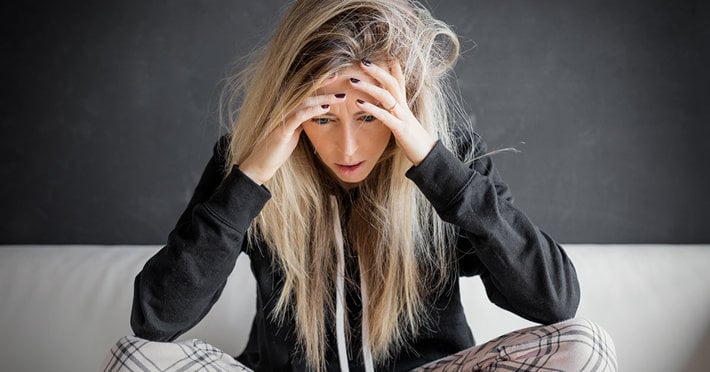
Alcoholism in Police Officer Statistics
Although police officers are designed to obey and obey the law, that doesn’t make them immune to addictions like everyone else. In fact, the police estimate between 20 and 30% of substance use disorders compared to less than 10% in the general population. With one in four police officers facing an alcohol or substance abuse problem, this is a major concern for this population. Alcoholism among police officers not only affects the individual and his family, it can affect the community as well.
According to a 2010 study by the National Institute on Alcohol Abuse and Alcoholism (NIAAA), 16% of female officials and 11% of male officials had alcohol at risk. It is estimated that over 33% of police forces have been drinking in the past month. Binge drinking is defined as a man who consumes 5 or more alcoholic beverages and a woman 4 or more alcoholic beverages in a 2 hour period. The largest age group of binge drinkers in America are people aged 25 to 34. The average age of male police officers is 39 years and the average age of female police officers is 38 years. Most law enforcement agencies require a minimum age of 21 years to become a member. The states that have a maximum age to start a career in law enforcement are usually between 34 and 37 years of age. This generally young age group may contribute to some of the many reasons we see alcoholism among police officers.
Reasons for alcoholism in the police
It is obvious that working in law enforcement is different from other career paths. Odd working hours, hostile situations and physical and psychological stress are tasks that the police take on when they are deployed. The trauma the police may encounter while at work would undoubtedly affect the mental health of each individual, and trauma often leads people to turn to substances to deal with it. Extreme stress and a deeply rooted drinking culture can make an alcohol abuse disorder worse.
trauma
Police officers can regularly see fatal car accidents, domestic violence, animal cruelty, shootings and bloody crime scenes. Any of these situations can have serious psychological effects. Coupled with the pressure on the police to stay calm and do their job properly, this can lead to drug or alcohol abuse to try to deal with depression, anxiety, or symptoms of post-traumatic stress disorder (PTSD). A study published in the National Criminal Justice Reference Service found 4 main job requirements that can trigger alcohol abuse. You are:
- React unemotionally to the daily stresses and strains of the job (depersonalization).
- Authoritarian demands from police managers.
- Organizational protection of officials from criticism.
- Daily awareness of the dangers of the job.
Between 7% and 19% of police officers have some symptoms of PTSD, and one in four police officers has thought of suicide at least once in their life. The suicide rate among the police is four times higher than among firefighters, who also regularly experience traumatic situations. In fact, more police officers die from suicide than from manslaughter. While stressful situations can trigger alcoholism in police officers, trauma isn’t the only contributing factor. Working in an environment where your coworkers also abuse alcohol and ignore warning signs of alcohol addiction can lead to a serious alcohol use disorder.
Drinking culture
Adaptation to their peers seems to be an important factor for police officers who display risky drinking behavior. A study published in the Journal of Police and Criminal Psychology found that officers most at risk of alcohol problems admitted the adjustment was highest on their list of reasons why they drank alcohol. Although stress is the number one reason police report they drink, studies have found that partying and socializing with their peers were some of the most important contributing factors to alcohol consumption. Some research has even shown that nondrinkers were viewed by other police officers as suspicious and unsociable people.
A common way of thinking in the police force is that a person outside of the police force cannot understand the pressures they are under, leading to a narrow-minded and potentially destructive group mentality among cops who abuse alcohol. The police can also protect their own and not report any dangerous drug or alcohol use they observe among their peers. This can be seen as an enabling and does not help the addict further.
What can be done
A cop working under the influence or hangover can lead to a potentially catastrophic situation. The police need to make quick decisions and de-escalate tense situations, which can be almost impossible when their minds are clouded by the effects of alcohol. Even if he or she realizes that he or she has a drinking problem and knows that he or she needs professional help, he or she may be afraid to seek help out of fear of disciplinary action or losing his job.
While a civil servant can be fired for alcohol use that adversely affects their job, the Americans with Disabilities Act (ADA) protects them if they choose to seek treatment for an alcohol use disorder. Officials can take advantage of programs like Access EAP, a peer-based employee assistance program that supports first responders struggling with “stress, depression, substance abuse, family, grief, financial problems and more.” There are also inpatient and outpatient treatment programs that can focus on resolving PTSD problems as well as an alcohol use disorder. Talk to a treatment provider today and get the answers to your questions.






